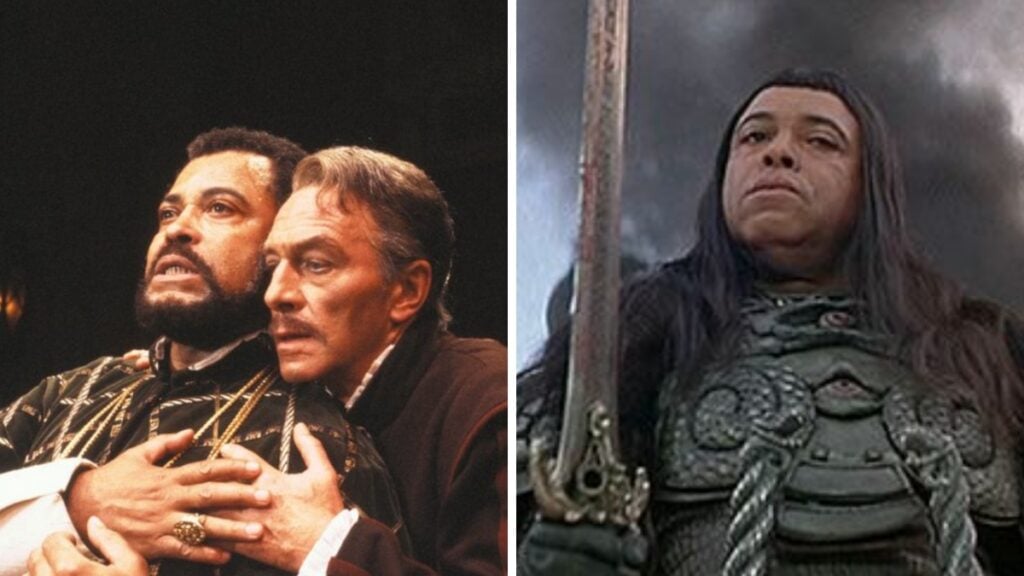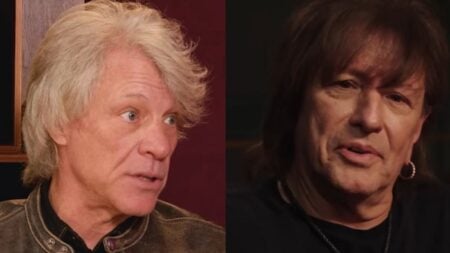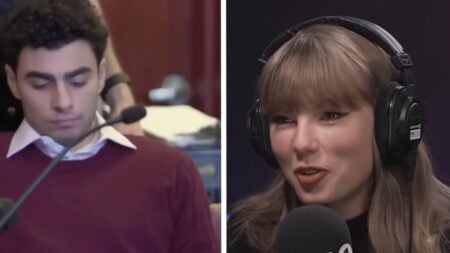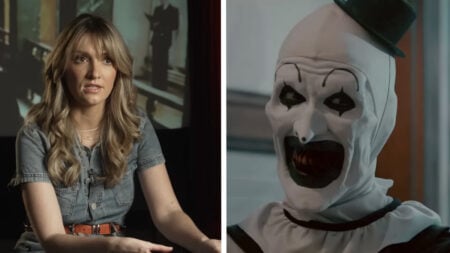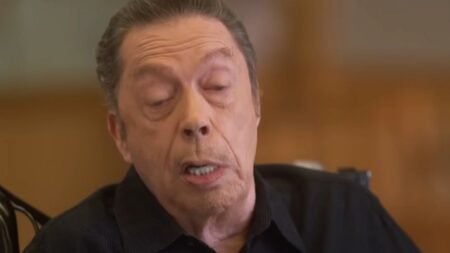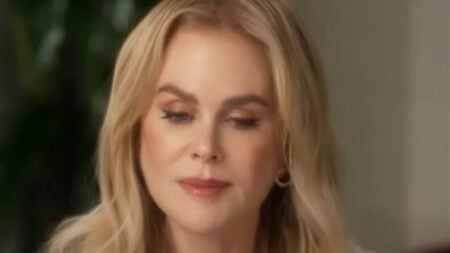Skip To...
The entertainment world continues to mourn the loss of James Earl Jones. Fans from every era of his career, as well as those who worked with him, have shared memories. The actor is remembered for the way he poured his immense talents into his roles. Jones is celebrated as an actor who could truly do it all, from roles where he was a sympathetic figure to a bone-chilling villain and everything in between.
Dr. Strangelove (1964)
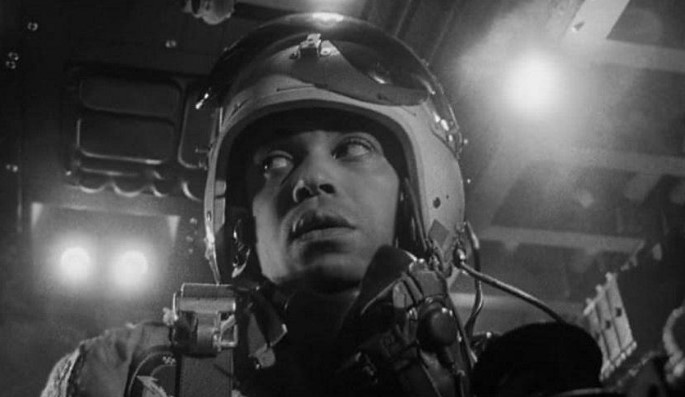
Stanley Kubrick’s standout dark comedy about the Cold War was where James Earl Jones had his first film role, as Lt. Lothar Zogg. Though he says few lines in the film, his role as part of the bomb squad left an impression that launched a career. Jones was the last surviving member of the film’s cast.
Othello (1965)
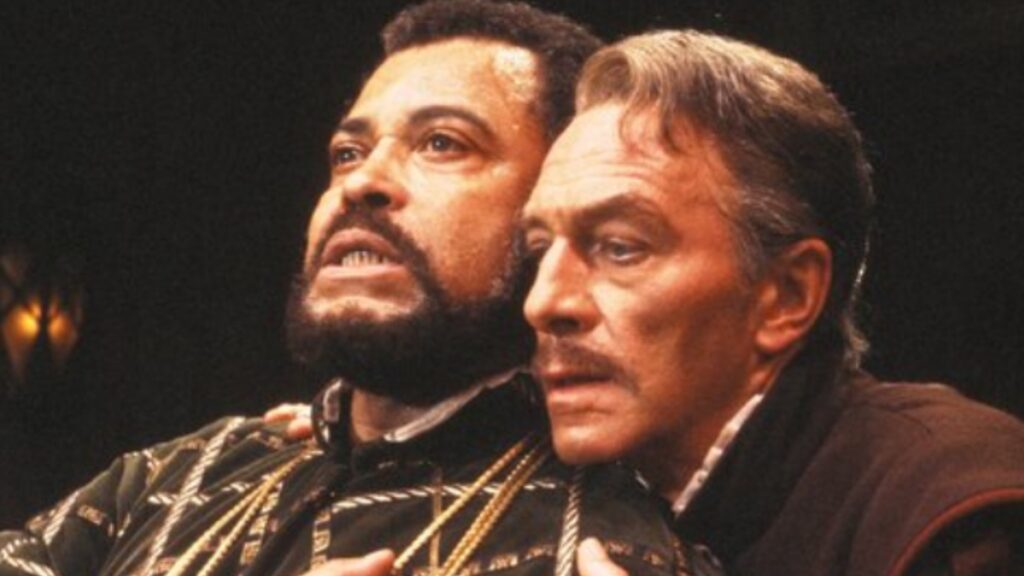
It’s hard to stand out as a Shakespearian actor because the characters are so known and threaded within literary culture. James Earl Jones did so masterfully, at the beginning of what would be an illustrious career. The role allowed the young actor to showcase an incredible emotional range that was delivered in such a measured, powerful manner that it’s regarded as one of the greatest takes on the titular character.
The Great White Hope (1968, 1970)
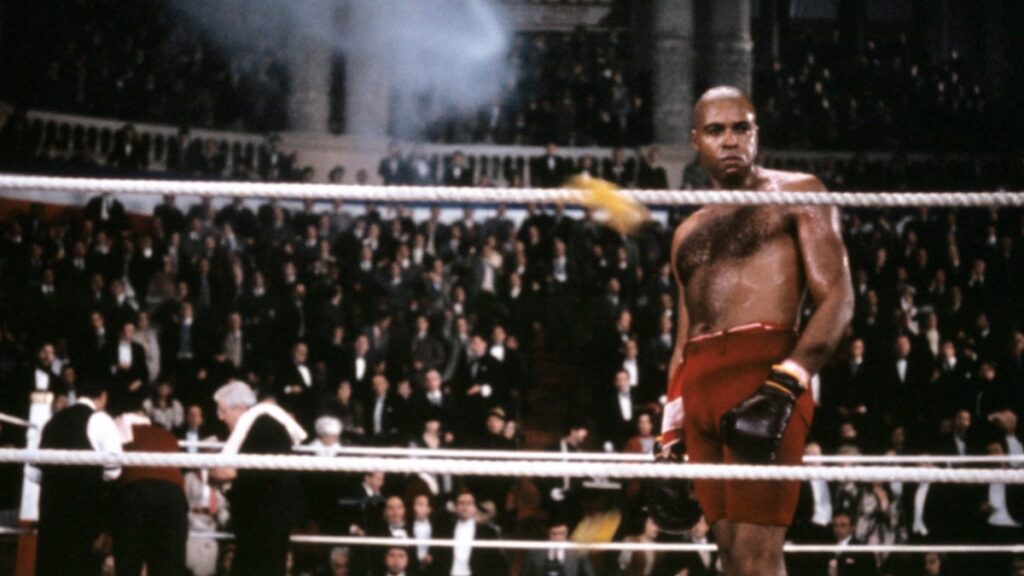
Jones won a Tony for his performance as Jack Johnson — named Jack Jefferson in the Broadway play, which also won a Pulitzer Prize. The film came two years after the inspired play, which caused a palpable shift in the actor’s career. It led to Jones’ first Academy Award nomination, which was only the second time a Black actor was nominated at all.
Star Wars (1977)
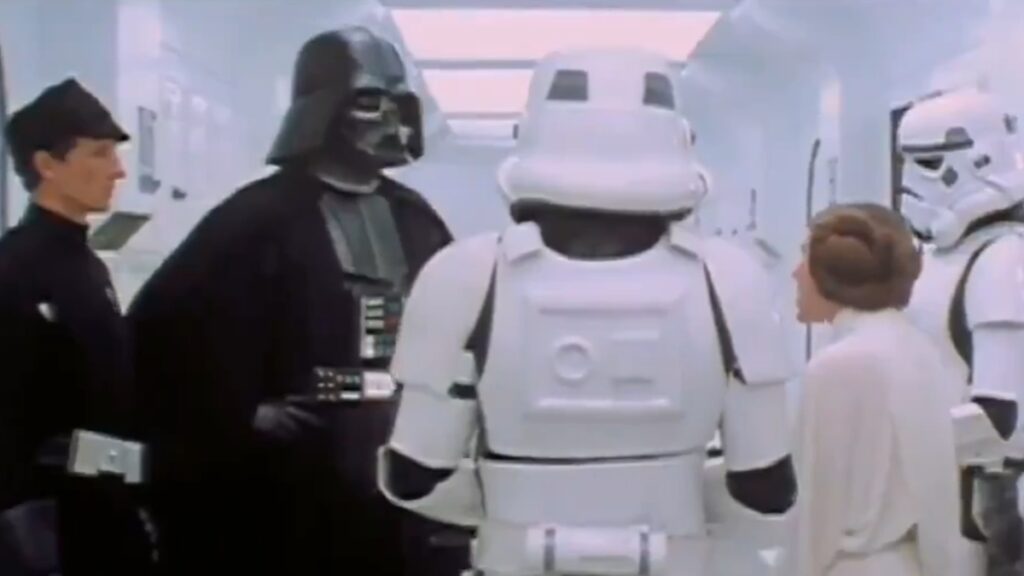
There is no understating what Jones’ performance as Darth Vader meant, not only to the Star Wars franchise but to villainry as we know it. The role made Jones’ voice one of the most recognizable, not just in film but pop culture altogether. Despite being so synonymous with the films, his name credit doesn’t appear until the third film, Return of the Jedi. In 2022, Jones ensured his voice as the character will live on. He signed a deal with LucasFilm giving permission for previous recordings of his voice to be used so that AI can recreate his voicing in future projects.
Roots: The Next Generations (1979)
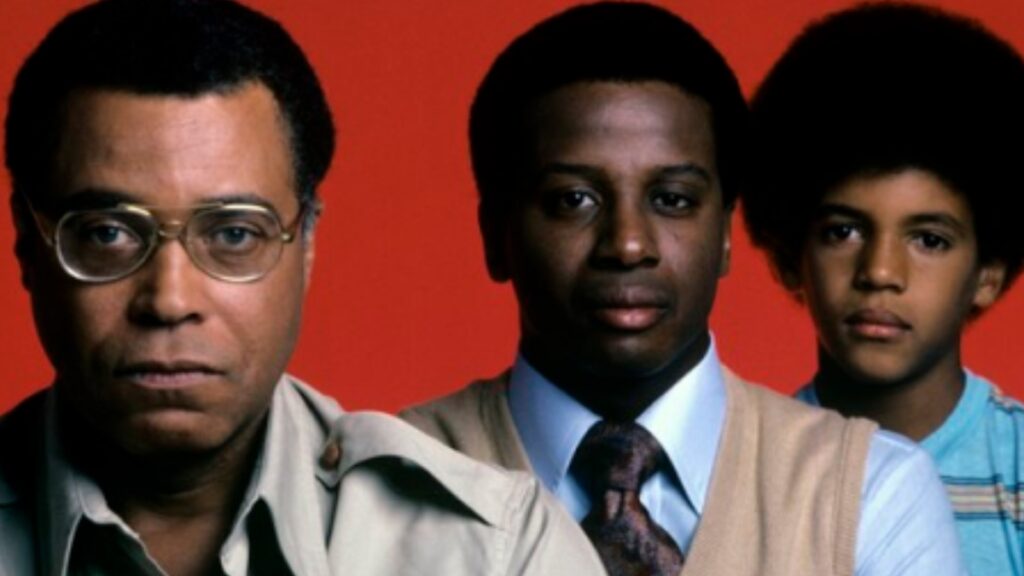
Jones shined in a complex role as Alex Haley in this eight-episode series. It’s considered some of his more poignant work how he takes the character into the later portion of his life and furthers an important narrative.
Conan the Barbarian (1982)
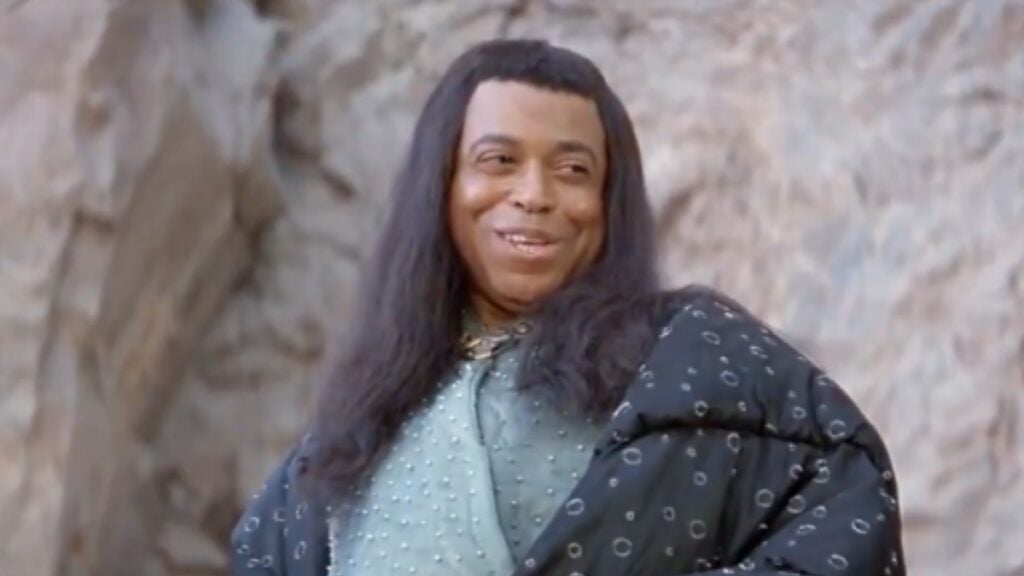
While Vader is the villains most associated with Jones, you can’t sleep on Thulsa Doom in Conan the Barbarian. Doom exists almost exclusively to torment Conan, from killing his parents unflinchingly to having Conan crucified. Not only can he perform evil acts without a second thought, but he can influence others to do the same, against their will and without their knowledge.
Fences (1987)
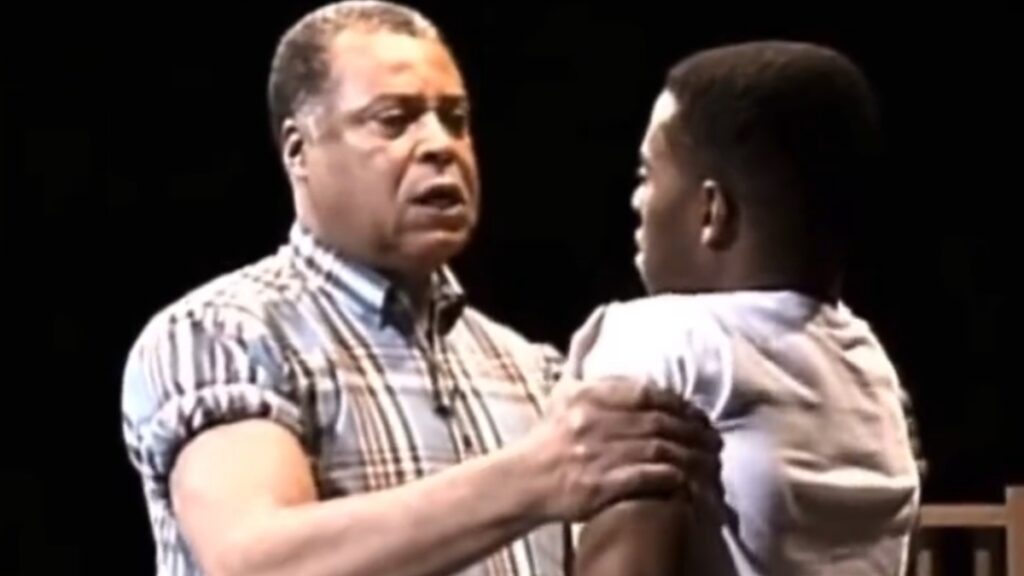
Fences explores the pains of generational trauma and racial discrimination, and the impact that those crushing factors can have on a family. Jones was decorated for his time in the role as Troy Maxson for good reason. He delivers a powerful, commanding but nuanced performance of a complex character in a way that only he can. Opposite Courtney B. Vance, it was a career-defining run that defined his stage prowess.
Coming to America (1988)
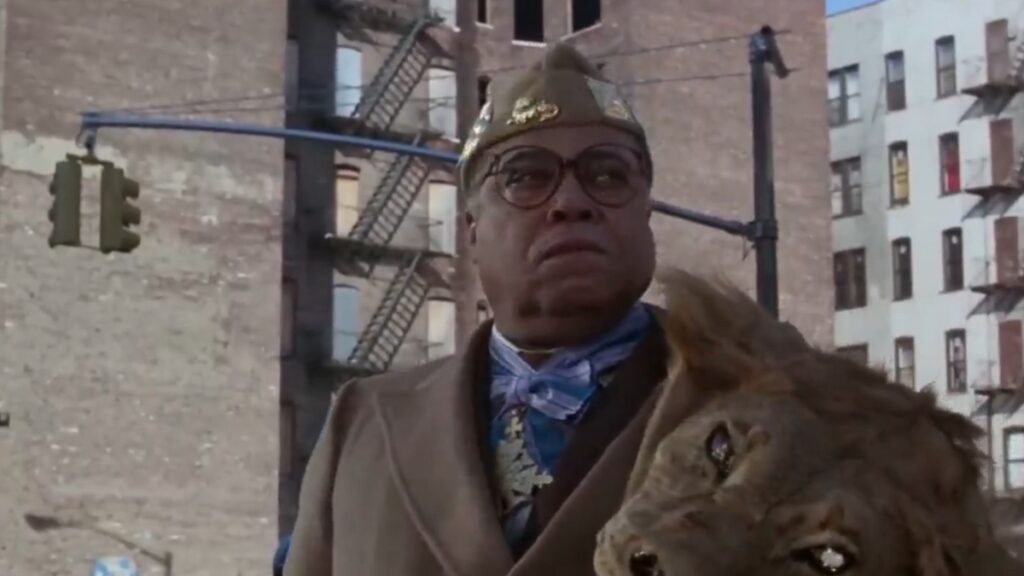
King Jaffe Joffer is another unforgettable role from Jones, who also reprised it in the sequel in 2021. Leader of the fictional Zamunda, he’s the stern and traditional— a deadpan but still hilarious character that works great as a dad to Eddie Murphy’s Prince Akeem. While Jones never felt comedy was his wheelhouse necessarily, there’s no doubt he shined in this comedic performance.
Field of Dreams (1989)
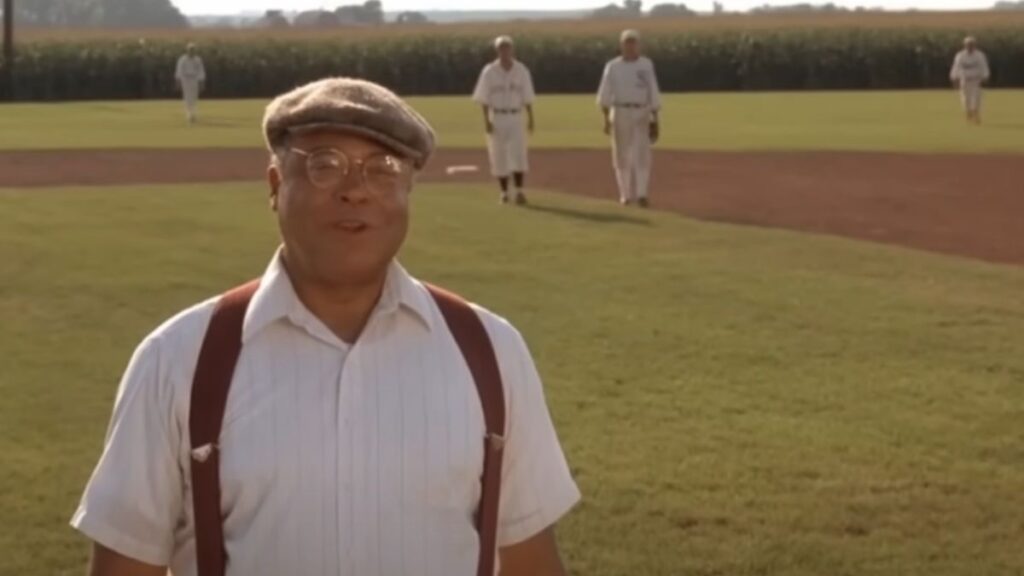
A quintessential sports film about believing in the heart of the game over wins and losses, Field of Dreams is cemented among the greats with Jones’ performance. The actor delivers an unforgettable speech that serves as both encouragement and affirmation that dreams can come true.
Ray, people will come, Ray. They’ll come to Iowa for reasons they can’t even fathom. They’ll turn up your driveway, not knowing for sure why they’re doing it. They’ll arrive at your door as innocent as children, longing for the past.
The Hunt for Red October (1990)
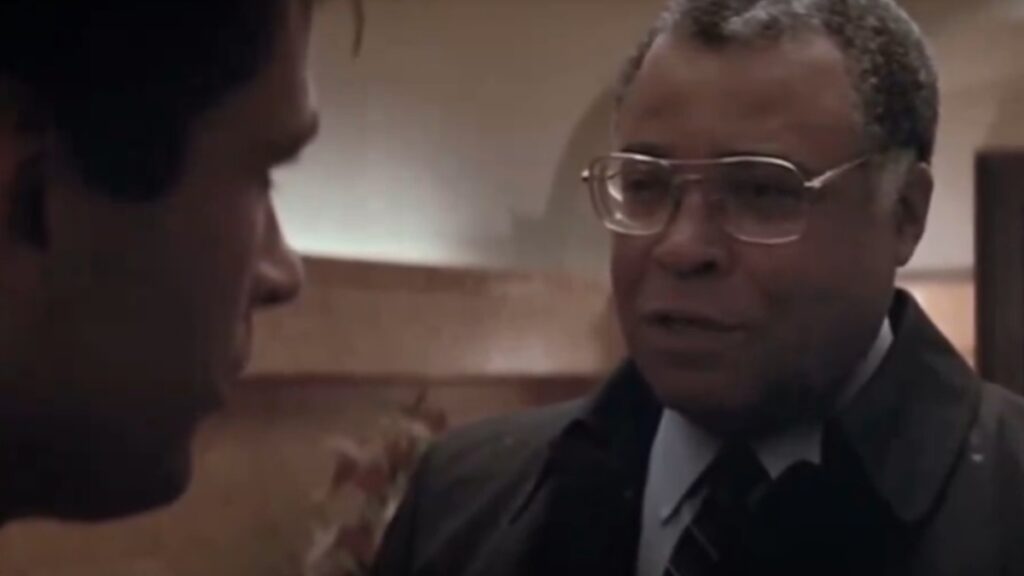
Jones’ Admiral Greer was a no-nonsense character of the highest order, portrayed masterfully. The charming mentor makes his impression across the films. He’s always a straight shooter while still being an effective and charismatic source of knowledge and assurance.
The Sandlot (1993)
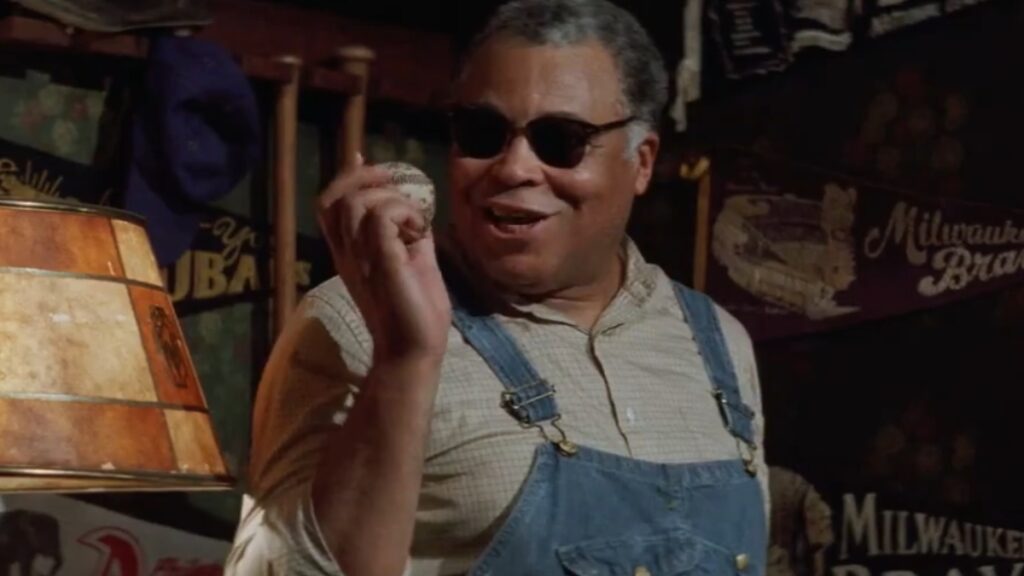
The neighborhood feared him… until they really got to know him. So goes the story of another of Jones’ most iconic characters, Mr. Mertle. The owner of the feared neighborhood “beast” Hercules was a former baseball player himself, until a stray pitch blinded him. The boys of the neighborhood got to learn a whole other side of the mysterious man and learned an important lesson about community and baseball.
The Lion King (1994)
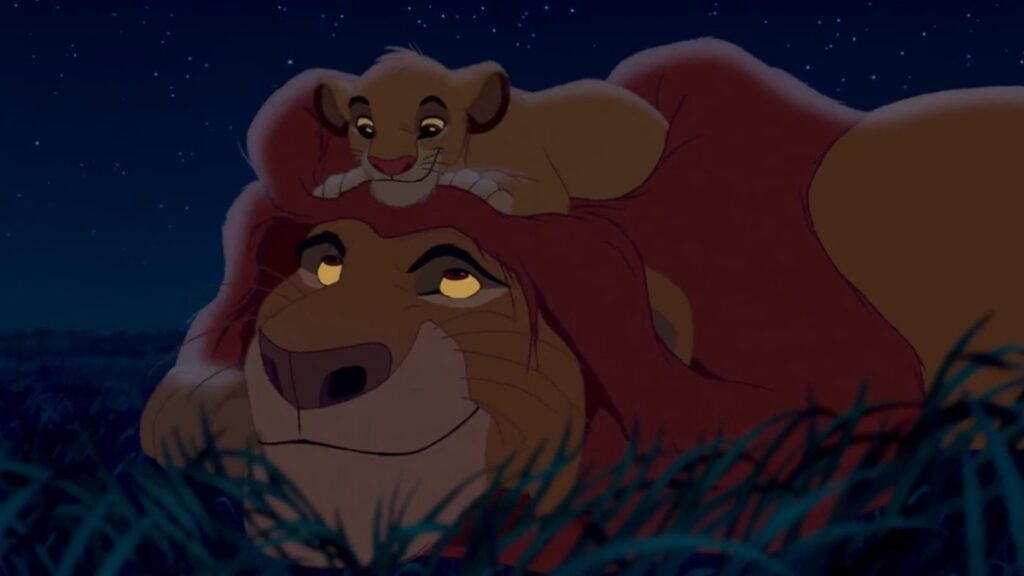
The Lion King is an incredibly emotional and beloved film, and Mufasa is one of the reasons for that. Jones’ voicing of the character establishes power and dignity, all while driving home a loving and sentimental character. Watching this movie and his character’s arc unfold is a core memory for so many. Jones’ powerful vocal presence is to thank.
Cat on a Hot Tin Roof (2008)
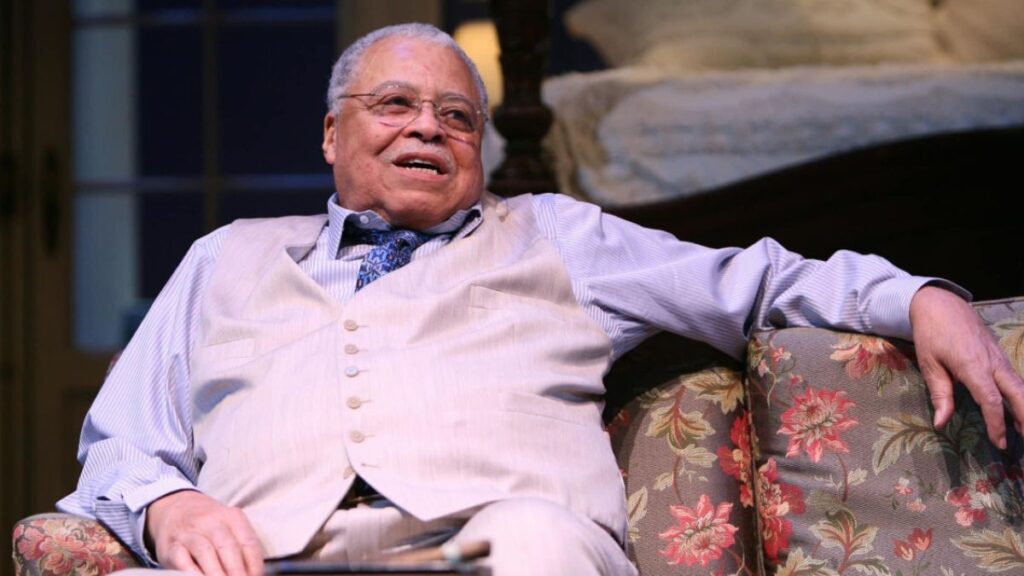
Big Daddy was a wishlist role for James Earl Jones, who got his opportunity in an all-black casting of Cat on a Hot Tin Roof in 2008. He plays a complex character facing his mortality while simultaneously grappling with being the patriarch of the family and overseeing of a plantation. Where he tries to be stronger, he exposes more vulnerabilities. Jones did an excellent job navigating all the intricacies of that nuance.
Driving Miss Daisy (2010)
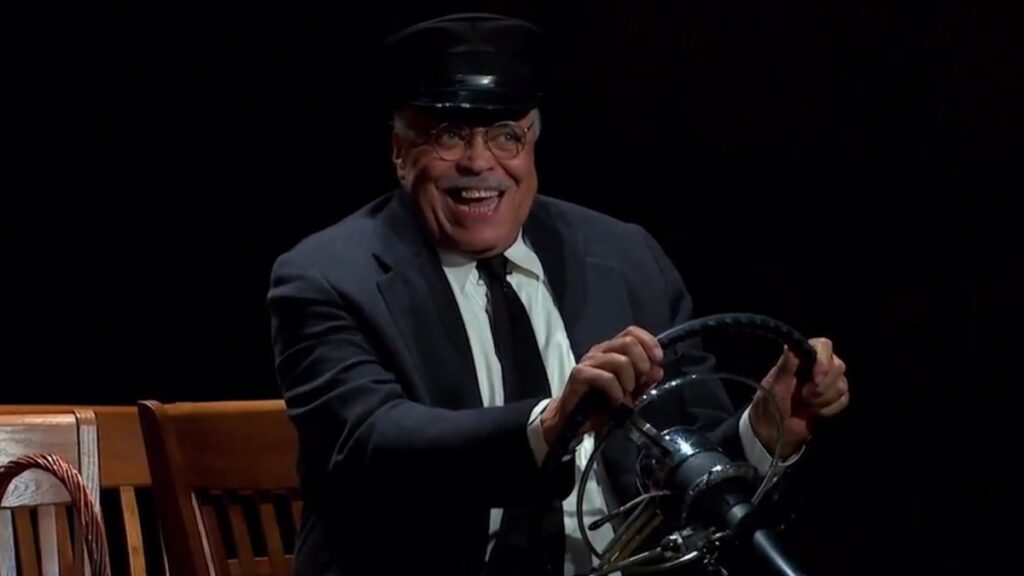
James Earl Jones brought an energy and vitality to this character that is, in many ways, lighter than his other roles. At the same time, a man known for his annunciation and command of diction peels those comfortable elements back to slip into a less formal tone of speaking. His delivery is unforgettable.

